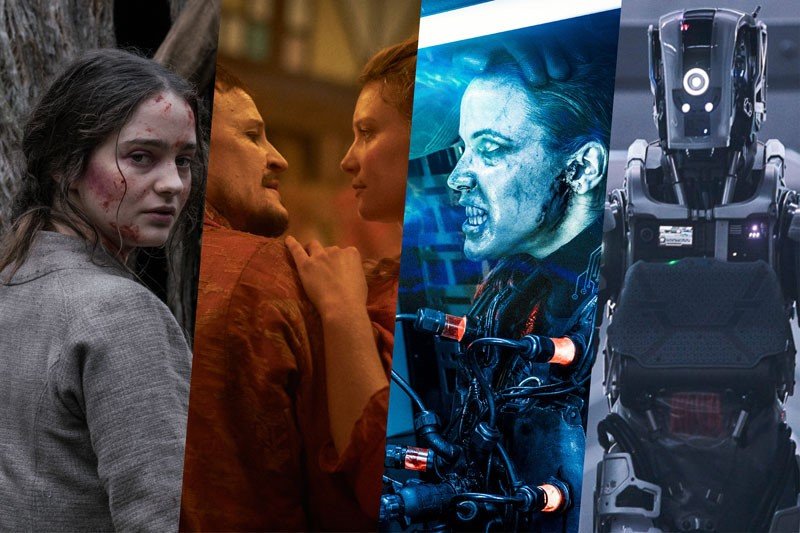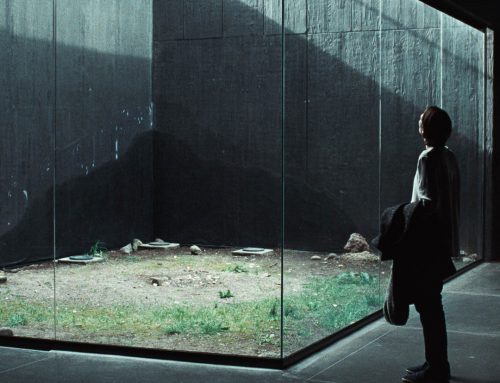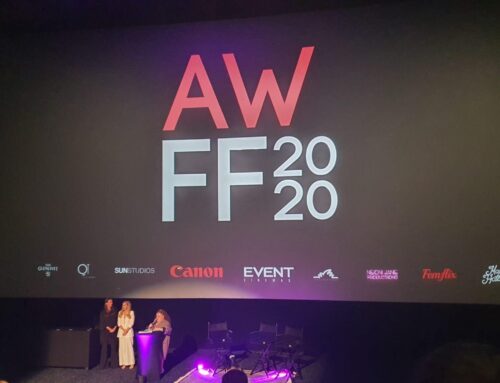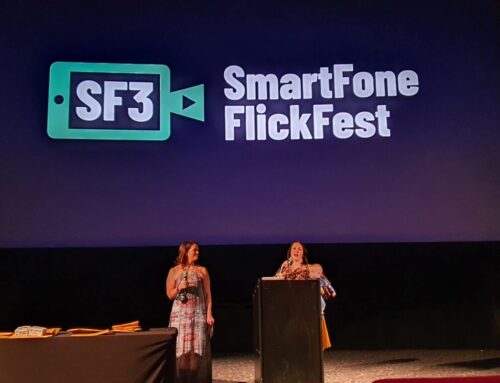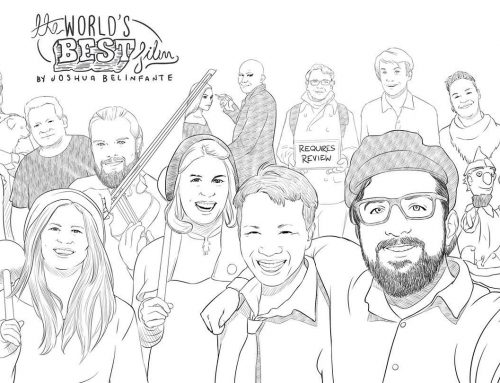The most terrifying thing about film is that it’s all already happened. Sure, stories are original, full of things we or sometimes no one has ever seen before; yet every event in some form, in some place has already transpired.
Australian cinema being no stranger to those harsher realities, that produced on our shores and this year recognised by AACTA, ever and necessarily reflective of actual circumstances, has too become increasingly and terribly real.
Take Jennifer Kent’s THE NIGHTINGALE, a revenge-driven tale across 1825’s Tasmanian wilderness chronicling graphic acts of violence and sexual assault. The peculiarly brutal, beautifully rendered tale is a hard sell for audiences who would do well to steel themselves for Kent’s second feature. Subject to grossly exaggerated reports of walkouts at the Sydney premiere, Kent later informed the audience that there is nothing in THE NIGHTINGALE that hasn’t already happened in Australia and to boot if she were to show the extent of what occurred the film would be unwatchable.
An approach that Margaret Atwood likewise adopted in her creation of Gilead, it’s unremarkable to say that film reflects reality yet our prominent local features have shown, moreover in these most recent years, that they’re willing to be that little more real. Mirrah Foulkes’ JUDY & PUNCH, coming off a strong Festival run in Sydney, Melbourne, Perth, Darwin and Brisbane, despite its flaws gave at least at the outset an unflinching depiction of domestic violence; a matter our nation and artistic sphere have been increasingly compelled to adequately reckon with.
Then there’s LOCUSTS which enjoyed State Premieres at the Gold Coast and Revelation Film Festivals before heading to the Sydney Underground Film Festival (ahead of an October release) where the audience takeaway was very clearly its environmental bent. Filmed in Broken Hill and Sydney, the rural thriller featuring Damian Hill’s final (and very good) performance while making especial use of the location and vistas will inevitably be compared to WAKE IN FRIGHT. Depicting a prodigal son returning decades later to his small town roots, the subsequent Q&A elicited the filmmakers’ very deliberate focus on environmental themes; prominently if passingly accounted for therein.
With the effects of climate change infamously confronting rural Australians and residents of New South Wales, anything but an absolutely concerted effort to outline the terrible impact wouldn’t have flown with many a viewer. LOCUSTS, if to some extents covering generic drama/thriller territory, lands with its heaviest thud for lingering when it does so patently on it’s most consequential harbinger.
And then there’s NEKTROTRONIC on the lighter end of the scale, even if it’s goings-on threaten life on earth as we know it. Set in a weird and disconcerting future from which this latest season of BLACK MIRROR could have taken heed, graphic novel fans will likely appreciate the filmmakers’ approach to our, in so far as they appear, predictably ordinary leads.
Elucidating on these down and out characters who of course have to save the universe from a demonic scenery-chewing Monica Bellucci, for the many joyfully staged if oft-repetitive sequences, the very apparent metaphoric focus on the dark web and its impact on our lives might just be one of the more colourfully imagined, creative approaches to this realm in modern cinema.
An area ill-explored in film, regardless of a few none too memorable characters NEKTROTRONIC is a brash, welcome reminder. With Bellucci already having starred in two cyber-punk graphic novel-esque Australian-filmed features depicting a foreboding online-style world, her third and ever-cautionary tale in these regards does well to hype up the more contemporaneously recognisable threats facing us whenever we pop on the web.
I AM MOTHER, likewise hinting on an over-reliance on digital spheres and artificial intelligence (a subject well-explored by Australian filmmakers in the recent MACHINE), depicts a barren apocalypse-ridden landscape that for it being filmed in Australia, absent a literal explanation for exactly where the story transpires, could just as well have been set here. We’re far off anything like this (hopefully) yet the extent to which the prospective sole human survivor (Clara Rugaard) depends on the A.I. (Rose Byrne) is eerily akin to how machinery and robotics, despairingly in the context of this film, have been integrated into our lives.
Some Australian filmmakers have long had a reputation for being a bit fearless and it’s what many audiences are increasingly demanding. We’ll always produce light entertainment though some of it, and surely it’s grainier counterparts, have taken the opportunity and may yet still to thrive in stories that much more confronting and wincingly real.
on AACTA & FalkenScreen


